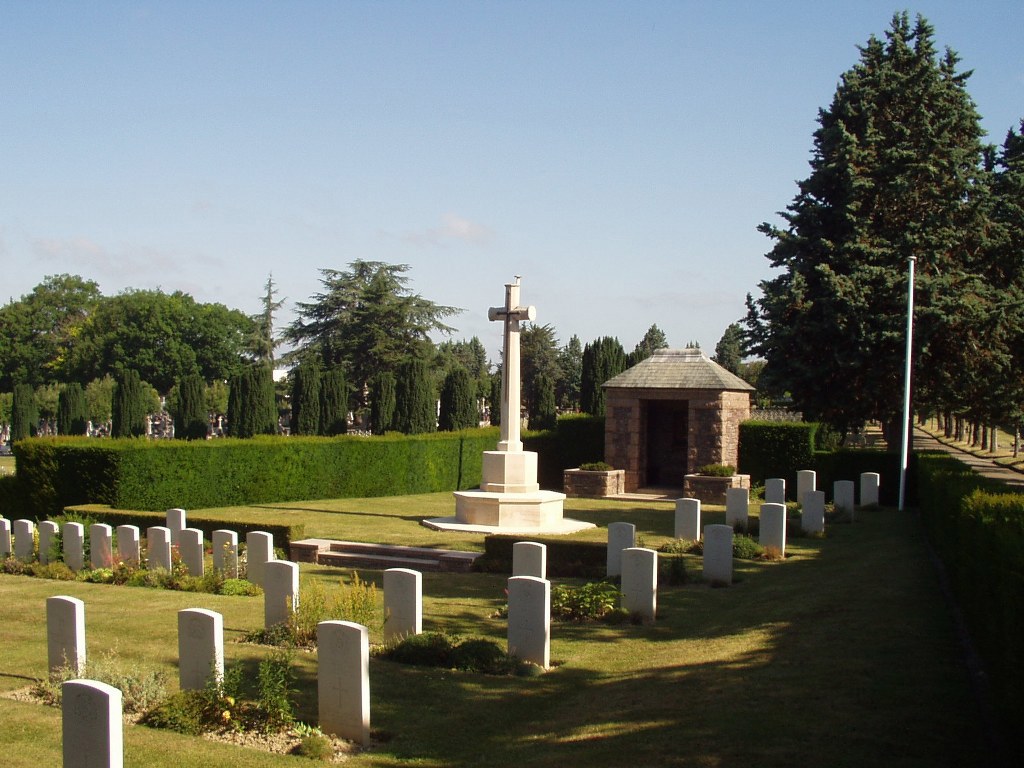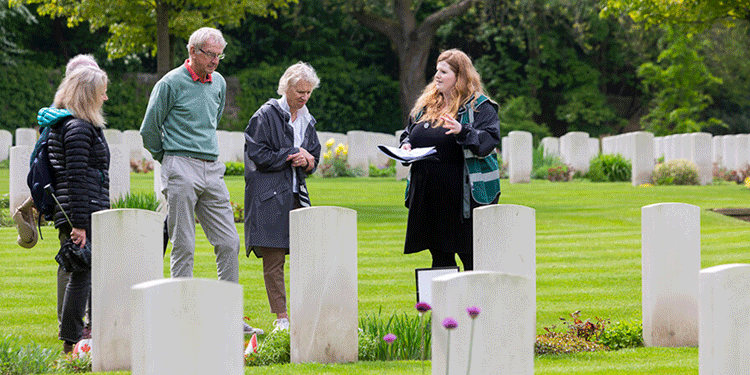
Private 6395257 Frederick George Armstrong, Durham Light Infantry. was born the the 8th of April 1905 at Swalwell, Gateshead, Durham, one of seven children, the son of Joseph Armstrong and Ellen nee Dumigan.
The 1911 census finds Frederick with his family at West View, Swalwell. Joseph aged 37 is a labourer in an iron rolling mill, born Swalwell.
Ellen aged 34 was born at Littleburn, Durham. Thee couple have been married for fourteen years and have produced six children, all still alive.
Children recorded are Margaret aged 12, Robert aged 10, Joe aged 8, Freddy aged 6, Francis aged 4 and Jane aged 1, all born at Swalwell.
In April 1934 in the Gateshead district, Frederick married Agnes Brown; the couple had one child.
Frederick joined the army some time before the outbreak of war and served with the Royal Sussex Regiment before joining the Durham Light Infantry, with which he went to France. He was killed in action on the 17th of June, the casualty of a troop train that was bombed at Rennes this day; he rests in Rennes Eastern Communal Cemetery, where there are 252 Commonwealth casualties of which 171 are identified.
The CWGC notes that the majority of the casualties here resulted from the bombing of a troop train by the Germans on the 17th of June 1940.
The BBC People’s War website notes that on this day the “railway complex” was bombed, causing some eight hundred civilian and military fatalities.
The Durham Light Infantry was one of several British Regiments that lost men in the attack. There were also a great many French soldiers and civilians, including refugees killed. Censorship ensured that news of the attack was suppressed.
The Newcastle Journal and North Mail for the 12th of March 1941 reports upon the death of Private Armstrong.
Under the heading “Swalwell Soldier Killed In Action” The paper reports that Mr and Mrs J Armstrong of Coalwell Lane, Swalwell were informed that their son, who was previously reported as missing, was killed on the 17th June 1940 and is buried at Rennes. He was 35 years old and before the war had seven years service with the Royal Sussex Regiment.
Before joining the army he had worked at Whickham Colliery. He had won four silver cups as an army boxer. He played football at one time with the Swalwell club.
On the 27th of May, the paper followed on the previous item by adding that his widow (not named) residing at Clavering Avenue, Dunston was appealing for information from his DLI comrades or men of the RAOC to which corps he was latterly attached.


